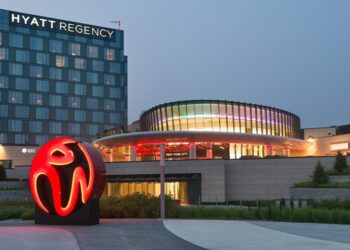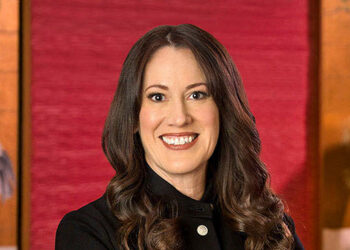An internal investigation by embattled gaming machine manufacturer Universal Entertainment alleges that former President Hajime Tokuda altered the minutes of a company meeting to include a 2009 payment of US$25 payment connected to the company’s pursuit of its casino license in the Philippines.
The panel that conducted the probe, composed of a former high-ranking police official in Japan and two lawyers from the country, found “illegal payments” were made by “some managers who had ignored the company’s existing rules and regulations,” but it concluded there wasn’t enough evidence to prove bribery.
That hasn’t stopped Universal from subsequently recommending criminal charges against unnamed executives for “fraud, breach of trust and misappropriation of funds” in connection with the “illegal flow” of $40 million into the Philippines, where Universal wants to be one of four developers of destination resorts with gaming at the government’s new Entertainment City complex in Manila.
A lawsuit filed by Universal in Tokyo last year also claims a former president of Aruze USA’s Japan office made an “unauthorised” withdrawal of $5 million from a corporate bank account in 2010.
The $40 million, described by Universal in part as “a payment linked to the Philippine business,” was first reported in a series of Reuters articles last year and is under investigation by the Philippine Department of Justice and the Federal Bureau of Investigation in the United States, where Aruze USA is licensed as a slot machine manufacturer.
Reuters tied the money to a politically connected businessman named Rudolfo Soriano.
Universal has had difficulty securing Philippine partners for the Entertainment City project after the Department of Justice named Chairman Kazuo Okada and 25 others in an alleged scheme to set up dummy companies to acquire land for the resort. The department has said its investigation into the bribery allegations has been hampered by a lack of witnesses willing to testify.
Mr Okada was removed last year from the board of directors of Las Vegas-based Wynn Resorts and its Hong Kong-listed Wynn Macau subsidiary after an internal investigation found him “unsuitable” as a result of his business dealings in Philippines. His shares in Wynn Resorts were forcibly redeemed at a discount. He had been the company’s largest individual shareholder.
Mr Okada denies the charges and is suing the company to contest his removal and the seizure of the shares.
































